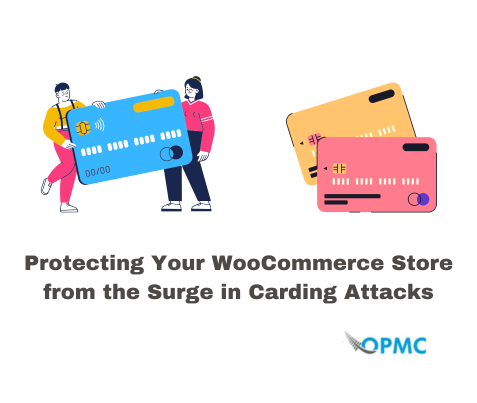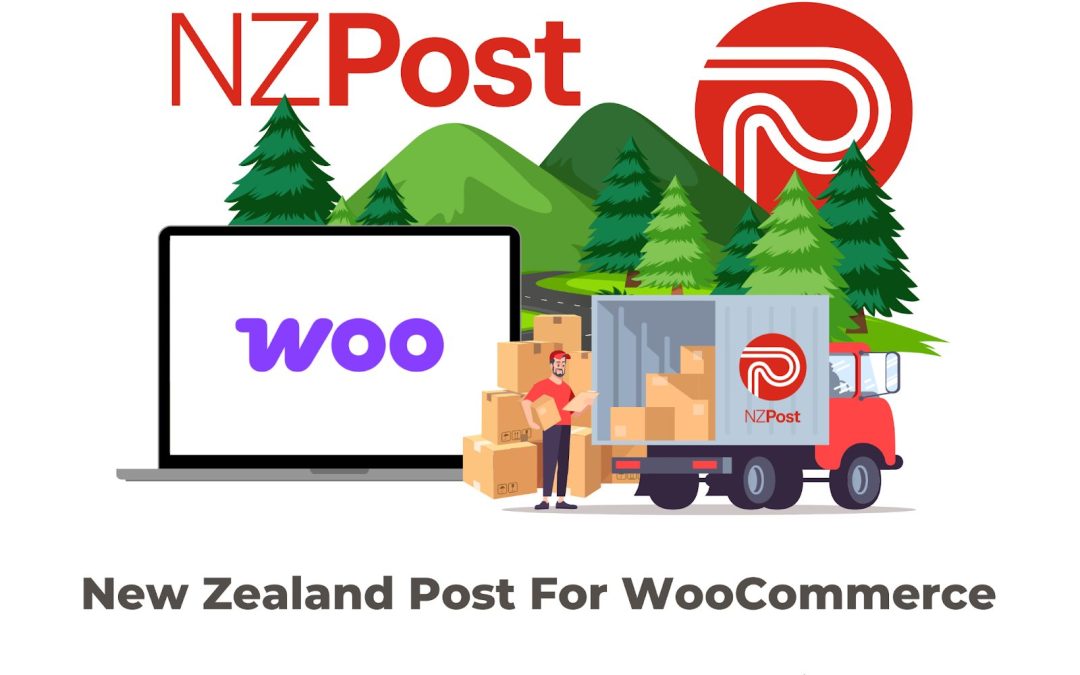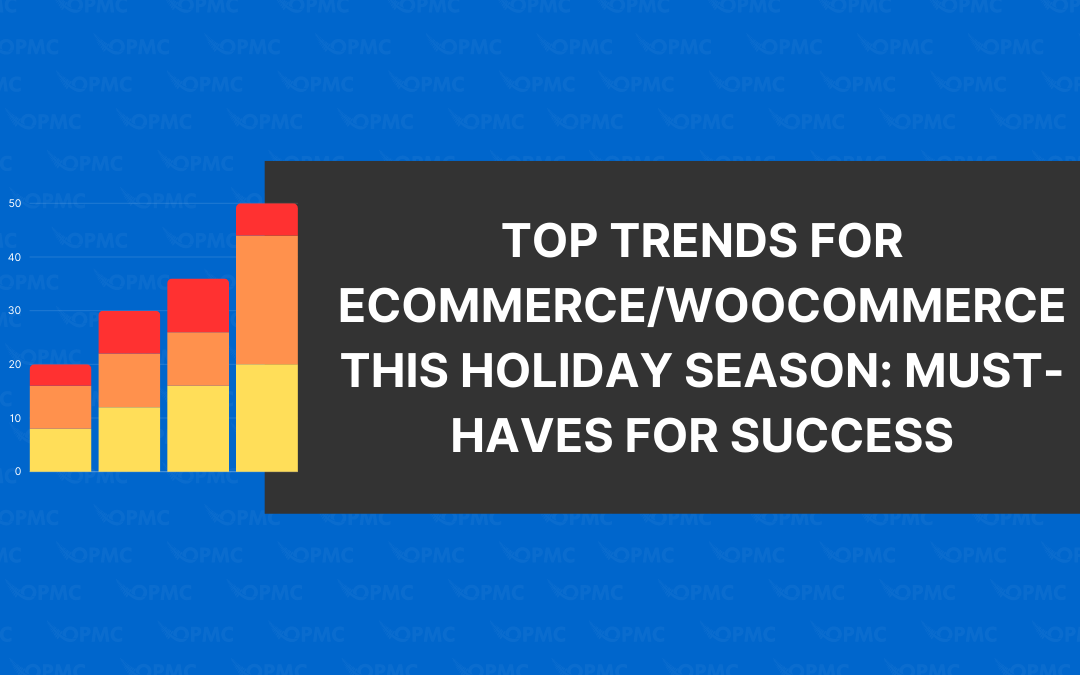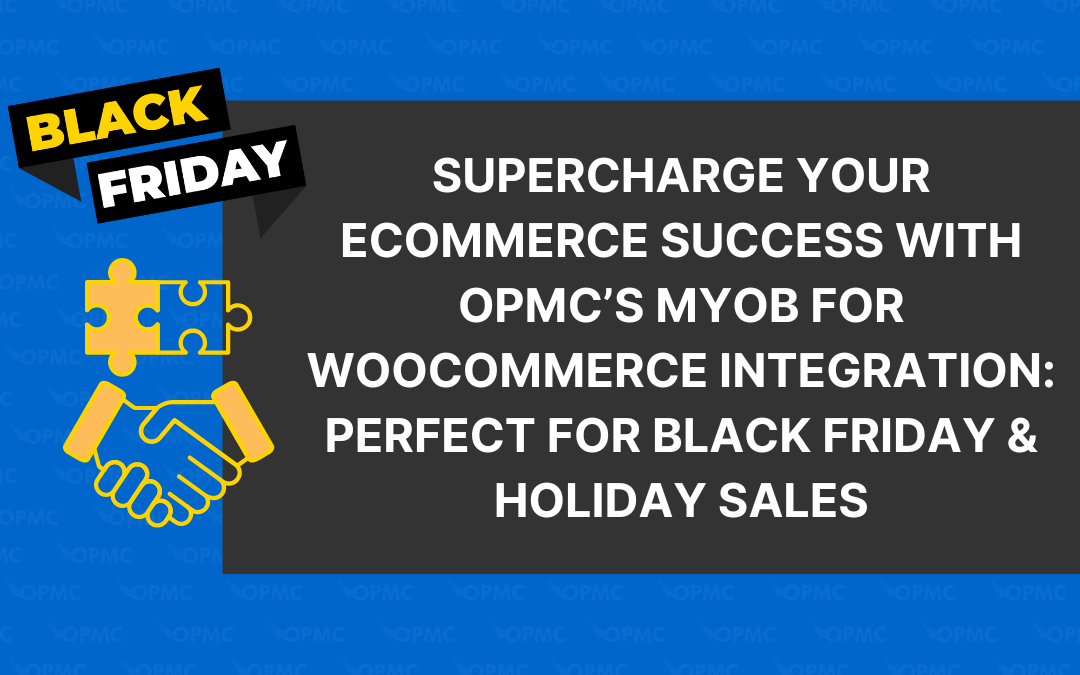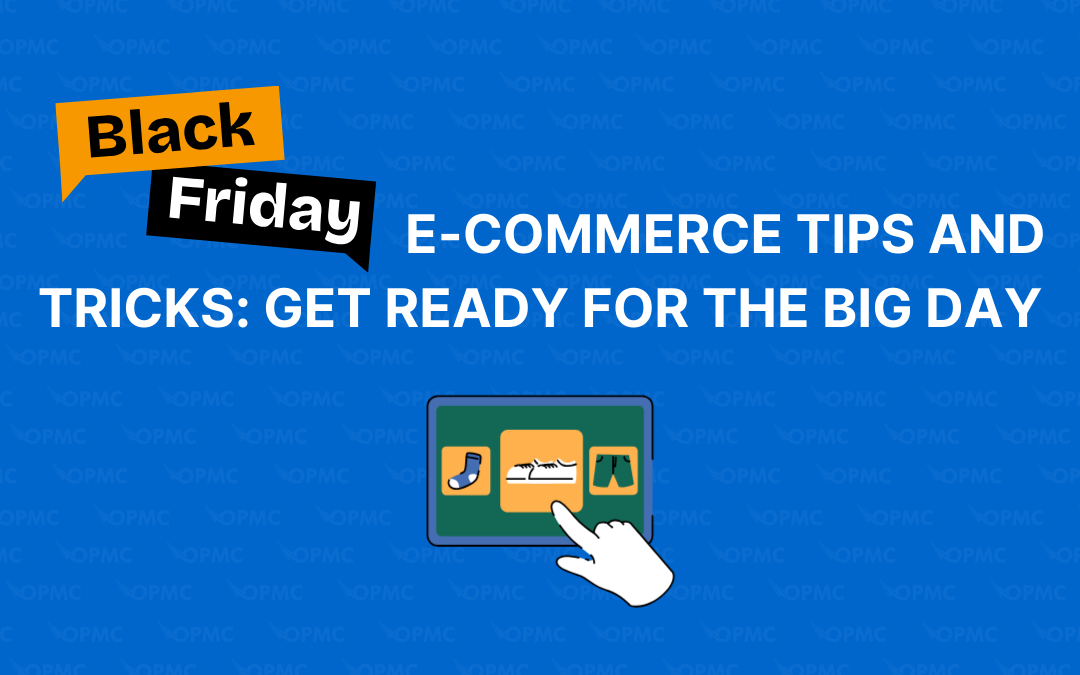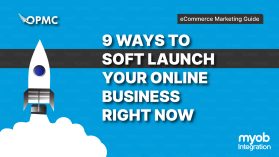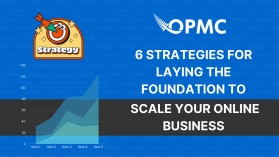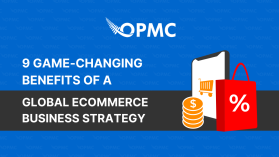Ecommerce is where it’s at. You can earn a solid living with nothing more than the same iPhone or Samsung in your pocket you use to spy on your ex’s latest trip to Greece. With over 2 billion websites providing everything from insights into making a puppet out of a squirrel to delivering the most luxurious accessories for a Bentley, you have a lot of options to engage customers.
Only 64% of small businesses have a web presence. Most think they are too small to require an ecommerce landing page. In reality, you can drastically expand your business into the online sphere – resulting in higher profit margins and the ability to build your brand into the authority for your target market.
All that is left is figuring out what kind of ecommerce or online business is right for you. These tips will give you a solid start to uncovering which pathway you want to move forward.
Why Run an Online Business?
An online business is more than just tapping keys behind a screen. It offers flexible work hours, the freedom to work from any global corner, and immense growth potential. The startup costs are often minimal compared to brick-and-mortar ventures, and it offers the thrill of new challenges daily.
Plus, it’s fun! No two days are the same, and the range of products and services you can offer is virtually limitless. You get to build a network and community of like-minded individuals without needing to be behind a cubicle at a 9-5 job that can potentially drive you mad. If you want freedom, you need ecommerce.
Tips for Choosing a Great Online Business
Tip #1 – What’s Your Niche?
Every successful online store has something unique to offer. Are you the lead provider of custom bird calls for NYC Central Park birdwatchers? Do you love to supply organic cosmetics made from the honey of bees living in Australia?
Identifying a niche or engaging idea not only sets you apart but keeps you motivated amidst the ebb and flow of the e-commerce tide. When passion meets purpose, it’s easier to navigate the challenges of running an online venture. This will be work – so be sure to pick something that actually holds your interest.
Tip #2 – What Tools are Required?
The right tools pave your road to online success. Dropshipping demands automation to manage orders and deliveries seamlessly. An e-commerce platform requires impeccable customer service tools (like our fantastic Customer Support for WooCommerce option). If you’re diving into B2B, robust sales and advertising mechanisms are essential.
The tools you will need depend on whom you are serving, what method you deliver your goods, and how much interaction you want with customers. Understanding these tools goes a long way to choosing the right ecommerce business for your needs.
Tip #3 – Do You Want to Keep Inventory?
Consider your product type. Digital products are inventory-free, whereas handmade goods require space. Dropshipping, on the other hand, allows you to sell without holding any stock at all. Choose based on convenience, scale, and passion.
Inventory can creep up on you when you don’t expect it. A small side hustle can turn into a massive endeavour that overtakes your garage space – all from a single viral social media post. Understanding where you will keep and maintain your inventory is crucial for running an online business.
Tip #4 – What Marketing Will Be Required?
Digital visibility isn’t automatic. Do you have a budget for ads, or can you craft engaging social media campaigns? Perhaps mastering SEO to target specific keywords aligns with your business model.
Knowing your marketing game plan is vital. The good news is you can hire this out to pretty much anyone online, but it will take some research and innovative thinking to get it right. Having an online presence is not enough.
People need to know who you are, what you do, and how your ecommerce business will bring real value into their lives by solving some sort of problem they are experiencing.
Tip #5 – What’s Your Budget?
E-commerce comes in various financial flavours. Some models, like dropshipping, require minimal upfront investment. In contrast, others, such as handmade goods, might need significant initial capital. Research and align with your financial reality.
Start with $500. Yes, you can begin with nothing more than $50 for a domain and website, but give yourself some room for inventory, marketing, and if you need to outsource any freelance work and ad generation.
Tip #6 – What Kind of E-commerce Model Do You Prefer?
The digital world brims with possibilities. The specific or hybrid model you choose is entirely up to you. In many cases, the ecommerce store you start will reflect your already highly successful brick-and-mortar shop. However, other options can include:
- Blogging: Share insights, reviews, and stories to engage a target audience and monetize through ads, sponsored content, or affiliate marketing.
- Digital Products: Sell items like e-books, online courses, software, or design templates, offering customers instant access upon purchase.
- Influencer: Use a solid social media presence to promote brands, products, or services to a large, engaged follower base.
- Online Courses: Capitalize on expertise by creating and selling educational content on platforms or through personalized websites.
- Membership Sites: Offer exclusive content, products, or perks to members who pay a recurring fee for access.
- FBA (Fulfillment by Amazon): Sell products on Amazon’s platform while they handle storage, packaging, and shipping.
- Dropshipping: Market and sell products without holding inventory, with suppliers directly shipping to customers.
Affiliate Marketing: Promote products from other companies, earning a commission for each sale made through a referral link.
FAQs
What is the best type of online business?
The “best” type is subjective. While e-commerce sales are skyrocketing to $7.4 trillion by 2025, the right fit depends on passion, skills, and market demand.
What is the easiest online business to start?
Digital products and blogging often require less upfront investment and inventory management, making them relatively easier to kickstart.
Is it a good idea to buy an online business?
Buying can be a shortcut to success if due diligence is done. Ensure the business model aligns with your goals, and always verify its financial health and reputation.
What essentials do I need to start an e-commerce business?
Key essentials include a clear business plan, understanding your target audience, and the right tools (website, domain name, accounting software, etc.) A standout mention is the Customer Support for WooCommerce plugin from OPMC, ensuring your potential customers always receive stellar assistance and you get a higher conversion rate because their needs are met as quickly as possible.
Conclusion
Venturing into the e-commerce world is thrilling. By 2040, a whopping 95% of purchases will be online. So, aligning with a business model that resonates with you ensures you’re not just riding a trend but are poised for sustainable success.
Remember, while stats and strategies matter, passion and persistence make the dream work. Find an ecommerce online presence that resonates with your personal goals, experience, and interest, and you cannot help but succeed.
Visit our store today!
Get a powerful boost to your security, customer support, inventory management, and more…

